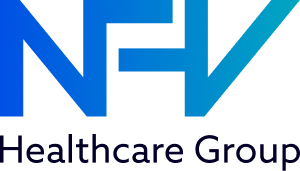Hospitals face myriad challenges in managing financial health in today’s increasingly complex healthcare environment. One significant issue that consistently arises is billing errors, which can lead to financial losses for the institution and increased patient dissatisfaction. Revenue cycle analytics has emerged as a powerful tool in addressing these challenges. Allowing hospitals to streamline their billing processes, identify and rectify errors promptly, and ultimately improve their financial performance.
This blog will talk about how revenue cycle analytics can help hospitals. It can reduce billing errors, improve efficiency, and improve patient healthcare experience.
Understanding Revenue Cycle Analytics

What is Revenue Cycle Analytics?
Revenue cycle analytics is a process that utilizes data analysis tools to track and manage the financial aspects of patient care, from registration and appointment scheduling to final payment. By analysing various data points throughout the revenue cycle, healthcare providers can pinpoint inefficiencies and areas that need improvement. This analytical approach ensures that hospitals maintain a steady cash flow while minimizing errors.
Components
Revenue cycle analytics includes patient registration, insurance verification, charge capture, coding, claims submission, payment posting, and denial management. Each of these steps generates data that can be analyzed to improve the overall efficiency and accuracy of the billing process. Properly implemented revenue cycle analytics allows for real-time monitoring, which helps identify and correct errors before they become a financial burden.
The Impact of Billing Errors on Hospitals
Billing errors can significantly impact hospitals, affecting financial health and patient satisfaction. Errors in billing can result in delayed payments, increased denials, and higher administrative costs. Additionally, frequent billing mistakes can damage a hospital’s reputation, losing trust among patients and payers.
Reducing billing errors is not just about improving profitability but also enhancing the patient experience. Patients who receive accurate bills are more likely to trust their healthcare providers and continue seeking care.
How Revenue Cycle Analytics Reduces Hospital Billing Errors

Identifying Patterns and Trends
One primary way revenue cycle analytics helps reduce billing errors is by identifying patterns and trends in the data. For example, if a particular type of error occurs frequently, the analytics system can flag it for further investigation. By understanding these patterns, hospitals can take proactive measures to address the root causes of errors, thereby reducing their occurrence in the future.
Enhancing Accuracy in Coding and Billing
Accurate coding and billing are crucial for ensuring hospitals receive appropriate service reimbursement. Revenue cycle analytics can help identify discrepancies and inaccuracies in coding, allowing for timely corrections. This ensures that claims are submitted correctly the first time, reducing the likelihood of denials and delays in payment.
Improving Denial Management
Denials are common in the healthcare industry, often resulting from billing errors or incomplete information. Revenue cycle analytics can help hospitals improve their denial management processes by providing insights into the reasons behind denials. By understanding the root causes, hospitals can take corrective actions to prevent future denials, thus improving their overall revenue cycle performance.
Optimizing Workflow Efficiency
Workflow inefficiencies can lead to billing errors and payment delays. Revenue cycle analytics can help identify bottlenecks and areas for process optimization. By optimizing workflows, hospitals can ensure the billing process is more efficient and accurate, leading to faster payments and reduced administrative costs.
Enhancing Compliance and Reducing Fraud
Compliance with healthcare regulations is essential for avoiding costly penalties and maintaining a hospital’s reputation. Revenue cycle analytics can help hospitals monitor coding and billing regulations compliance, ensuring they adhere to industry standards. Additionally, analytics can help detect fraudulent activities, such as upcoding or billing for services not rendered, allowing hospitals to take corrective actions promptly.
Your Business is in Good Hands
Revenue cycle analytics is crucial in reducing hospital billing errors and improving overall revenue cycle performance. By leveraging data analysis tools, hospitals can identify patterns, enhance accuracy in coding and billing, improve denial management, optimize workflows, and ensure compliance. These benefits contribute to a hospital’s financial health and enhance the patient experience by providing accurate and transparent billing.
Ready to reduce billing errors and optimize your revenue cycle? Learn more about how NFV Healthcare Group can help you achieve these goals. Contact us.

